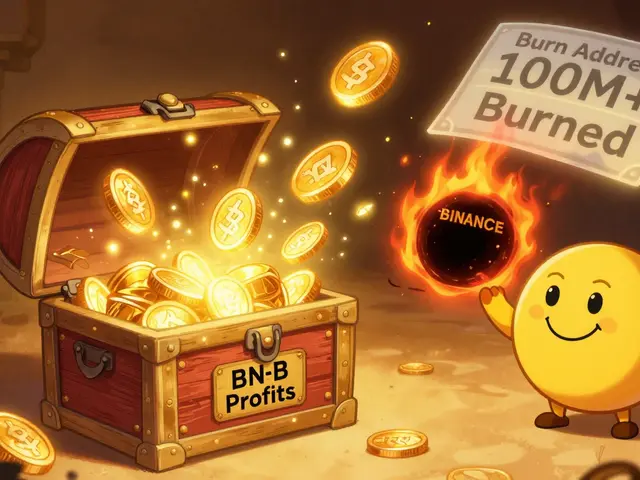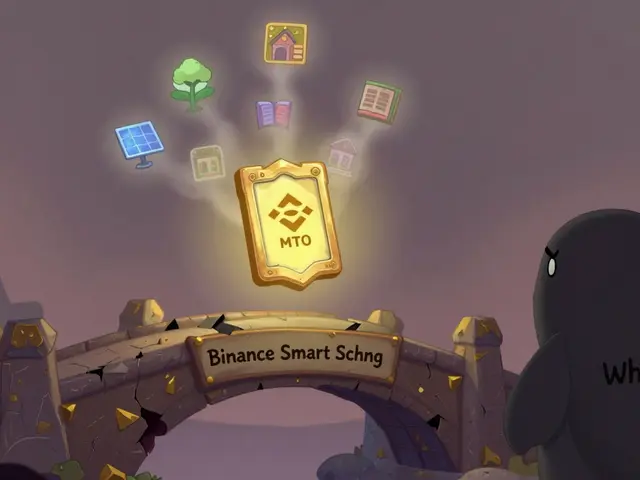Bangladesh hit a record $30 billion in remittances in 2025, but crypto remains banned. Learn how mobile apps like bKash are replacing informal systems - and why the central bank refuses to allow Bitcoin or Ethereum.
Crypto Ban in Bangladesh: What's Really Happening and What It Means for You
When the crypto ban in Bangladesh, a nationwide prohibition on cryptocurrency transactions issued by the central bank in 2021. Also known as digital currency restrictions, it was meant to stop money laundering and protect citizens from volatile assets. But the rule never fully stopped people from trading. Banks blocked crypto-related transactions, exchanges were shut down, and warnings were issued. Yet, peer-to-peer trading kept growing. People didn’t stop using Bitcoin or Ethereum—they just moved offline, using local payment apps, cash transfers, and trusted contacts to buy and sell.
The Bangladesh central bank, the nation’s financial regulator that enforces currency and payment rules never clarified what counts as a violation. Is holding Bitcoin illegal? What about using a decentralized wallet? No court case has ever convicted someone just for owning crypto. Meanwhile, peer-to-peer crypto trading, a method where users trade directly without exchanges, often using local payment systems became the norm. Telegram groups, WhatsApp networks, and even local markets now handle crypto payments in taka. Some even use crypto to send money abroad—bypassing official remittance limits.
It’s not just individuals. Small businesses in Dhaka and Chittagong quietly accept Bitcoin for goods. Freelancers get paid in USDT to avoid high bank fees. The digital currency ban, a policy designed to control financial flows but lacking clear enforcement mechanisms has turned into a gray zone. No one’s getting arrested. No one’s getting fined. But no one’s talking about it openly either.
What you’ll find here aren’t theoretical opinions or political rants. These are real stories, broken-down reports, and on-the-ground insights from people living under the ban. You’ll see how traders adapt, what tools they use, which platforms still work, and what risks they face. Some posts expose scams targeting desperate users. Others show how local crypto communities keep going despite the pressure. This isn’t about whether the ban is right or wrong. It’s about what’s actually happening—and how you can stay safe if you’re involved.
 19
Nov
19
Nov




